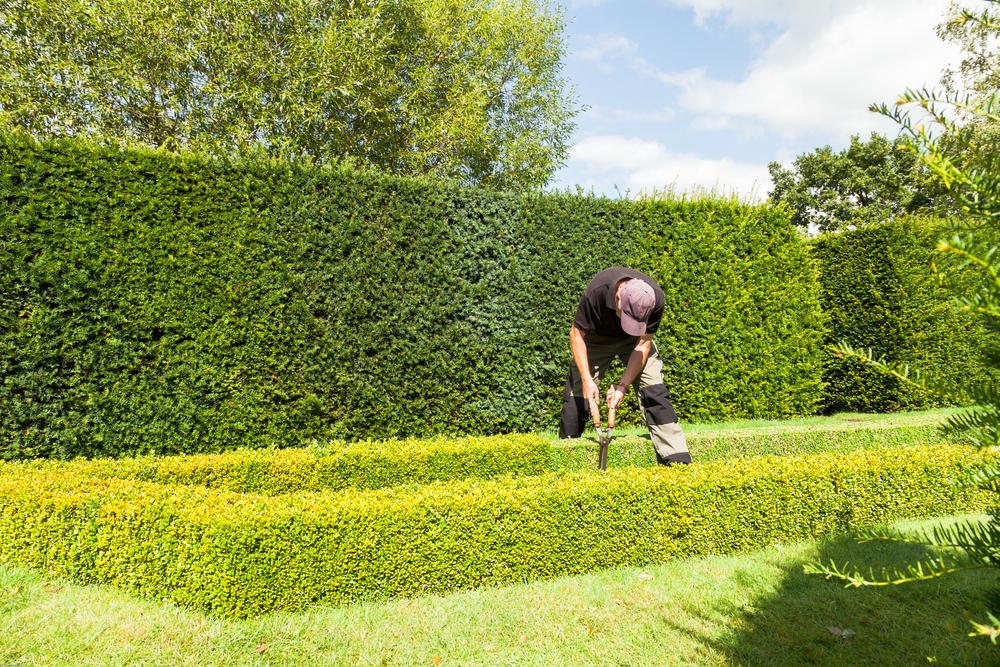
So, you have bought or rented a property with a piece of land that is all yours. The garden may be small or large, but it is yours to cultivate and make your own. While it is an exciting prospect, starting in gardening can feel intimidating. You might choose an artificial lawn company, which can measure, supply, and fit your artificial grass. It is a quick and simple way of making a usable space for sitting with friends or exercising your dog. It is a great place to start.
As well as making your garden easy to keep tidy, you may also want to encourage some life to grow out there. You might want to add spots of beauty to admire and something to delight your other senses. If you have ambitions to use your garden space fully, here are some tips for those just starting.
Get to Know Your Garden
Before you make choices for your garden, you need to know it well. Whether your garden is south- or north-facing makes much difference in light and shade it will enjoy. Equally, knowing the soil type is massively important, as some plants love acidic soils and others need more alkaline. You can do a pH level test on your soil, letting you know which is in your garden. Also, knowing if your soil is clay-like or free-draining makes a difference to your chosen plants.
Learn to Plant Properly
Knowing how to plant properly will help them to grow well and live for a longer time. For instance, you need to take the time to weed and prepare the soil. Preparing the soil means adding mulch or fertiliser, and if you read the label, it will give you advice on what that specific plant requires. If it is not on the label, there will be plenty of advice available online.
There are lots of general hints and tips that are worth learning, too. For instance, a tree planted too deeply won’t thrive, and if it sits too close to the surface, it will dry out. Therefore, taking time to learn will make it easier to maintain this growth.
Feed and Water Regularly
Watering your plants is the secret to keeping them alive and thriving or dying. Watering the root ball rather than the leaves is important, as it is through the roots that the water is absorbed. It is also a good idea to soak the root balls once a week rather than watering a little daily.
Feeding is also essential, especially in the growing season and especially if you grow plants in pots. It would help if you looked to feed once a fortnight or more in containers.
Experimenting with Fruit and Veg
Using your garden to live more sustainably is a great plan. We can use this space to grow our food and reduce the miles it takes to get to our plates. It is also incredibly rewarding to eat something you have grown, and most newbie gardeners will know the sense of power that comes from eating a tomato plucked from a bush grown on your land.
When starting a veg patch, people are often tempted to go all in; however, it is much better to take time to learn and cultivate that veg plot, learning what works and what doesn’t. If there are areas that you want to cultivate in the future, you can always cover them in black plastic sheeting or cardboard to stop the weeds from growing.
Also, when starting a veg patch, choose something relatively easy to grow. Herbs are a great place to start and complement your meals while being forgiving of the newbie gardener.
Look Out for Pests
Our garden is an ecosystem that needs a balance of life in it to thrive. Therefore, not all insects and other creatures are pests; some are required to keep the soil healthy and pollinate your flowers. However, there are some natural predators that you would want to keep under control; else, they can destroy your space. Aphids, slugs, and snails will be a battle if you let them get out of control and cause you heartache.
You want to avoid using too many chemicals in your garden, as you don’t want to destroy all insects or animals in your garden. Therefore, research organic methods for pest control, which will help maintain that essential balance on your land.
Learn How to Compost
Now you are a gardener, you will come to love compost. Compost is a great way to keep the soil healthy in your garden and protect the wider environment. It is a way to use your kitchen and garden waste, turning it into a mulch that you can scatter around the base of your plants and dig into your veg patch.
To get your compost heap going, you will need both brown and green waste and often turn the heap.
Conclusion
When starting in your garden, there is a lot to learn; however, starting small and slowly becoming more ambitious with your choices will lead to success. Consequently, you might begin with artificial grass and containers, moving up to some herbs and some veg until you cultivate every centimetre with some form of life.
Remember to tend to the maintenance of your garden a little every day, and you will be rewarded with flowers and food, as well as a great space to share with friends. If you've discovered that your passion for gardening can turn into a source of income, why not explore gardener vacancies?
Author Bio
This article has been written by Anna Sharples who is the marketing and office manager for Garden Benches. Sloane & Sons Garden Benches are one of the UK’s leading suppliers of wooden benches and other outdoor furniture.
